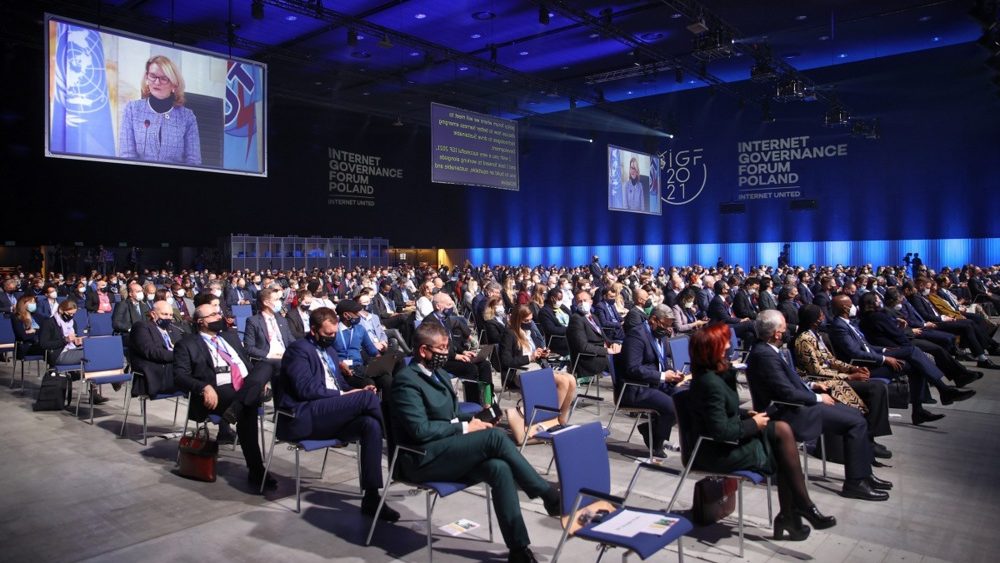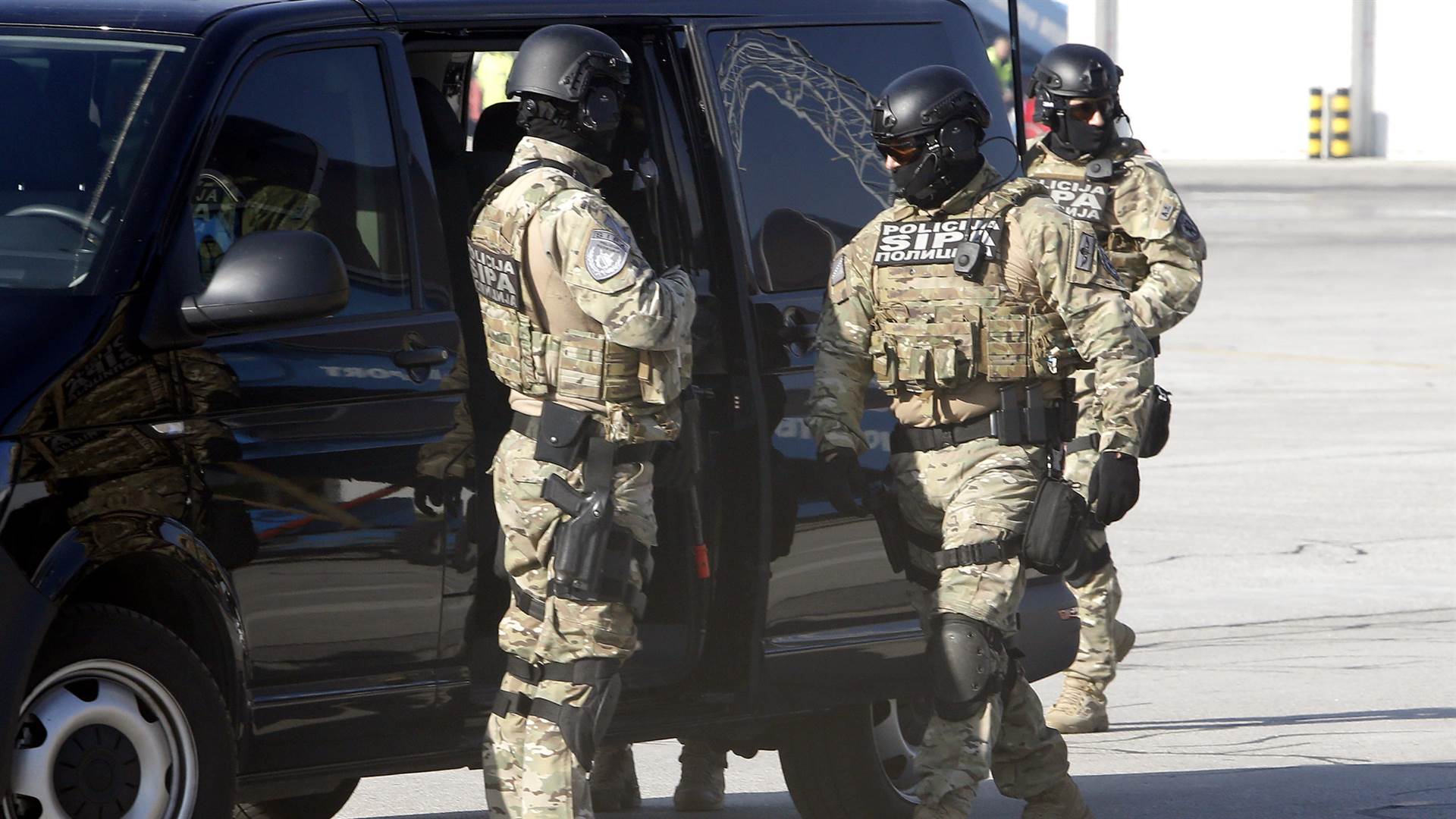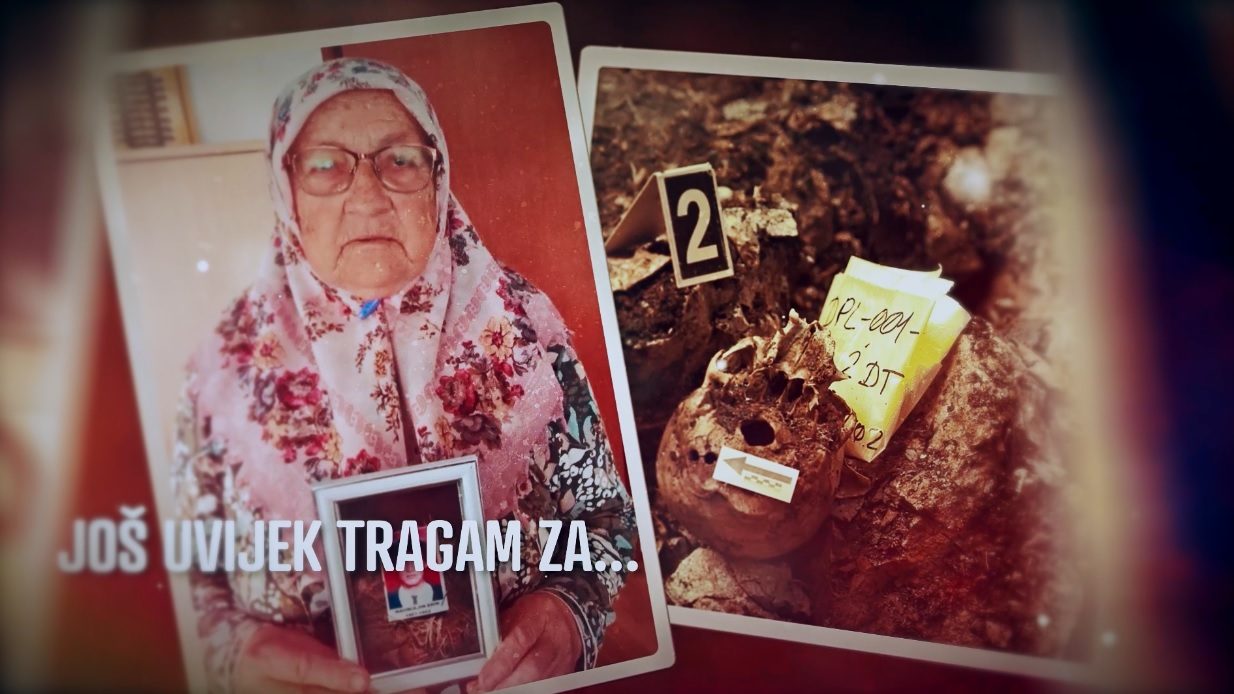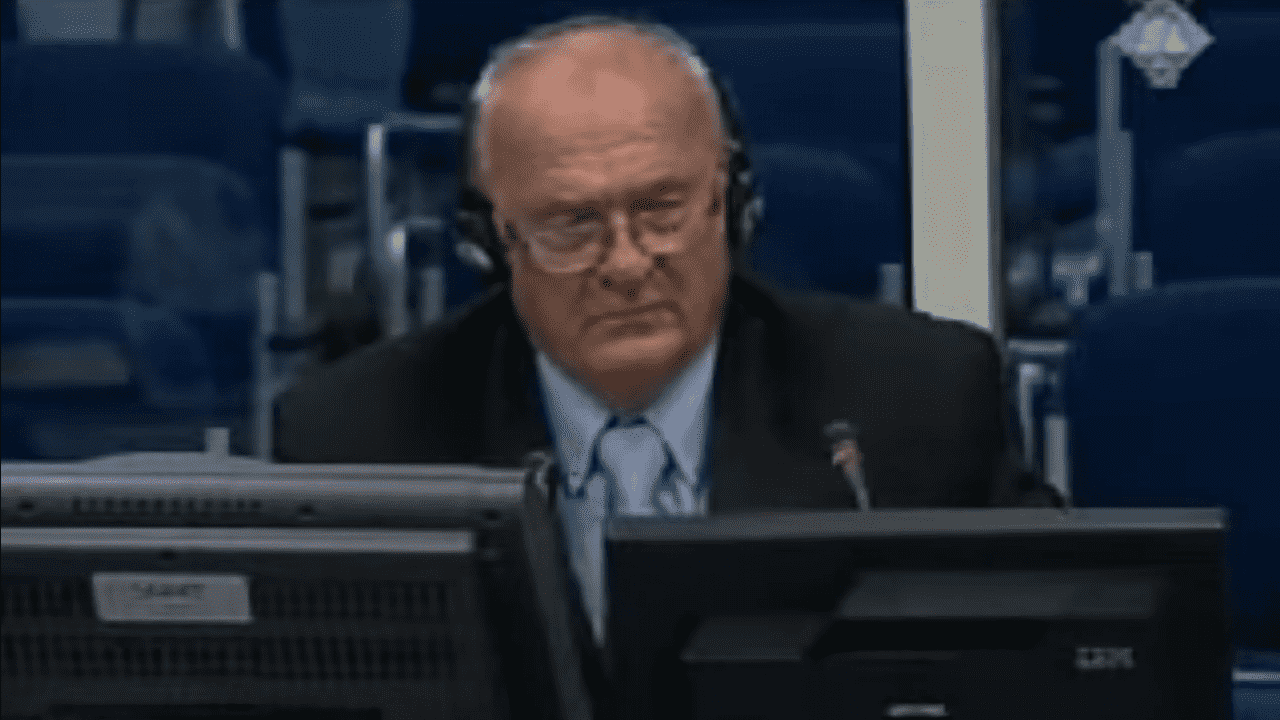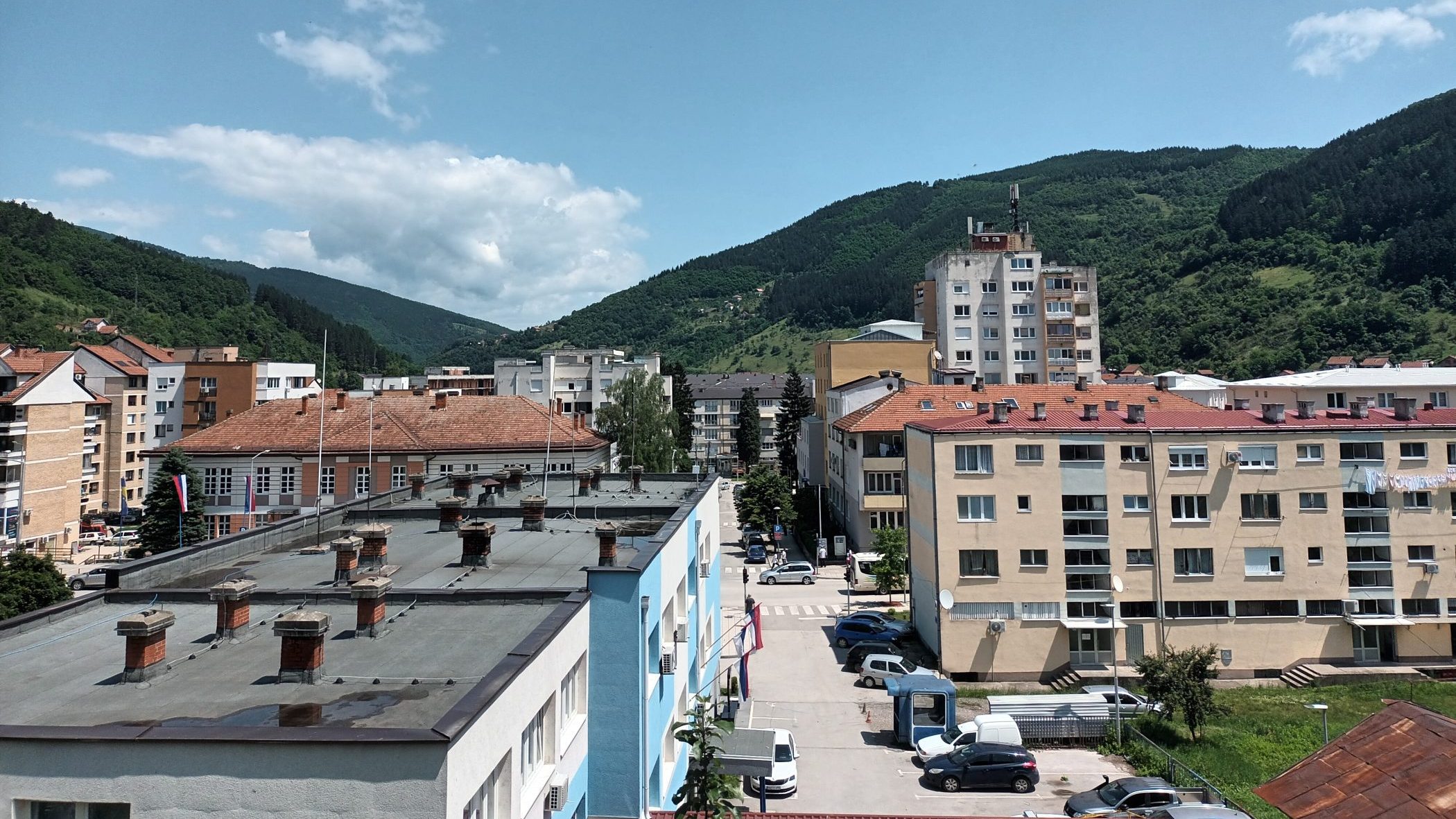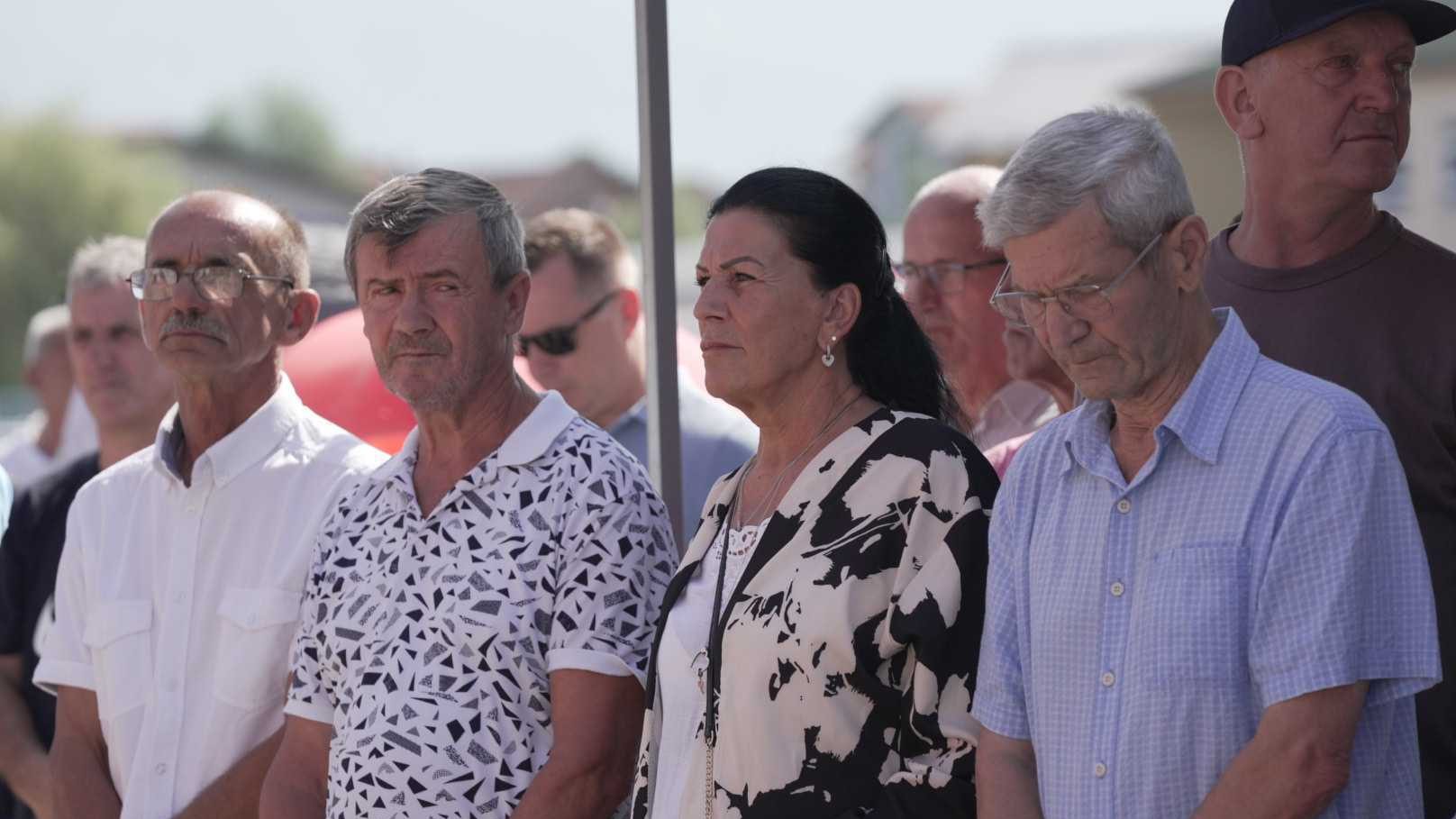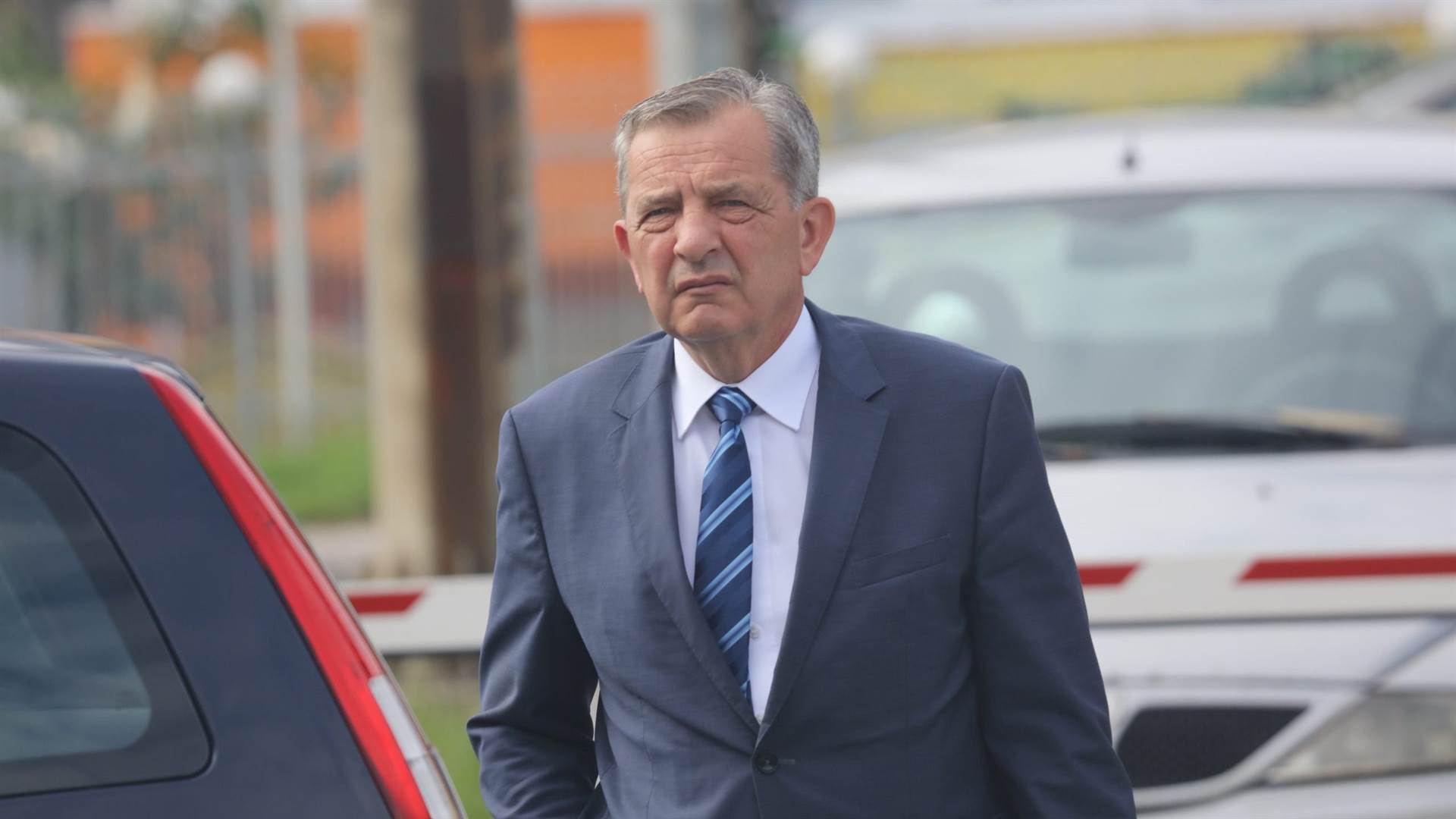After five years, the Internet Governance Forum is being held again in Bosnia – and, below, you can help select the topics to be discussed by experts in cyber-security and...
State Investigation and Protection Agency officers arrested five former Bosnian Serb Army officers and soldiers suspected of involvement in the genocide of Bosniaks from Srebrenica in July 1995.
Marking International Day of the Disappeared, BIRN Bosnia and Herzegovina has launched a campaign to help raise awareness of the pain of family members of those who disappeared during and...
BIRN Bosnia and Herzegovina invites journalists, NGO representatives and activists from across Bosnia to apply for a three-day training program addressing topics and cross-cutting issues related to digital rights and...
The Bosnian state court will ask Interpol to issue an international alert for the arrest of Milenko Zivanovic, former commander of the Bosnian Serb Army’s Drina Corps, after he failed...
Belgrade Appeals Court quashed the verdict convicting Danko Vladicic of killing an elderly couple in the Bosnian town of Brod na Drini during the war in 1992 and sent the...
Former prisoners at the wartime Keraterm detention camp and families of inmates who died gathered in Prijedor to mark the anniversary of the killings of around 200 inmates by Bosnian...
The state court upheld the acquittal of Djordje Ristanic, head of the Serb wartime leadership in Brcko in northern Bosnia and Herzegovina, clearing him of involvement in persecuting Bosniaks and...
Coalition designed ‘to create a free and healthy online environment for all citizens of Bosnia as well as to promote peace through digital technologies’ was officially launched in Sarajevo.

